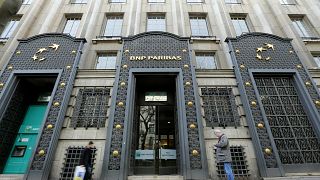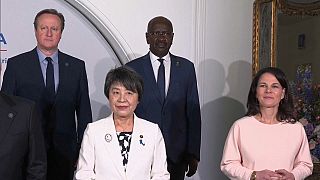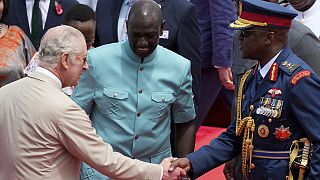Kenya
Flower producers and exporters in Kenya say demand for flowers just rose slightly this year during the Valentines season, despite new markets such as South Korea and Australia opening up.
In addition, Britain’s decision to leave the EU contributed to slow growth.
The country’s lucrative flower sector is a key foreign exchange earner but faces an uncertain future as the Economic Partnership Agreement (EPA) with the European Union is still pending.
“Our main challenge currently is with Economic Partnership Agreement that is where we are seeing we are going to have a very big challenge simply because if we don’t sign that agreement on time then our produce that we are sending to the European countries will attract taxation. In essence increasing the cost of us sending our products to the European market,” said George Ong’any administration manager at Van Den berg Kenya Ltd.
The concessional trade deal between East African countries and the EU primarily gives products from East African Community (EAC) member states duty-free and quota- free access to the EU as long as they meet heath and safety standards.
Kenya and Rwanda signed the agreement but it needs approval from all members of the EAC.
A deadline to sign the EPA expired in October last year and a meeting held in late January to discuss the agreement flopped.
Kenya, one of the worlds largest exporters of cut stems stands to loose most if the deal is not ratified as Uganda Tanzania, Burundi and Rwanda would continue to benefit under the EU’s Everything But Arms initiative, since they are classified as least developed countries.













01:02
Pics of the day: April 18, 2024
01:00
Pics of the day: April 17, 2024
02:08
Devastating floods ravage parts of east Africa, displacing thousands
01:35
Kenya: Doctors begin fifth week of strike
Go to video
Beijing half marathon hit by controversy as China’s He Jie allowed to win
01:13
Kenya power delivers cheaper electricity bills for residents